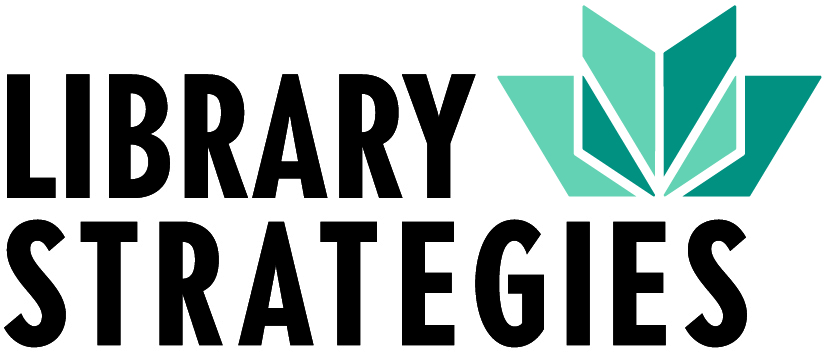Three Things Every New Library Director Should Consider

1) Library-Community Relationship?
How does the library fit into the community—and can it fit better? Forget about the budget and the facility for a moment. Consider instead what the foremost issues are facing the community, then inventory what other organizations are addressing those issues, and, finally, assess how the library might partner with those organizations in ways that are mutually beneficial and provide even greater leverage. For example, if unemployment/underemployment is a major issue in the library’s community, is there a workforce development agency that would be eager to partner with the library and make it a signature effort? With this kind of partnership, you’ll see that the relevance of the library to the community it serves will improve—and likely so will future budgets and facility improvements.
2) Mission and Vision
It’s tempting to say that the next step is for the director to consider if her or his philosophy aligns with the current mission, vision, and strategic plan of the library. But the fact is, a new director is always an opportunity for a reset. You need to ascertain whether the board expects a new vision, or if you will be surprising them with that kind of change. Most boards want a leader, not just a manager (and there’s lots of books to tell you the difference). A new vision—and the homework to back it up—can be more exciting (and relevant) than the status quo. It’s your answer to that inevitable question: “Why do you want to be the director of our library?”
3) Relationship with Library Staff
A vision is a series of projects. A project is defined as having a beginning and an end; a vision doesn’t end, it just moves toward an approximation. Now that you’ve settled on the vision (and it doesn’t have to be radically different from the current one), you need to decide if you’ll have the right staff. First imagine the “series of projects” necessary, then imagine the steps necessary to complete them. Will the current staff embrace those steps, those changes? Do they have the skills or will they need development? Will they simply need encouragement or will they resist? Will you have allies; will they be few or many? Who will stay, go, or need to be forced out? And do you have the desire and ability to do what’s needed? Keep in mind: no work environment is perfect. If it were, it wouldn’t need you.

